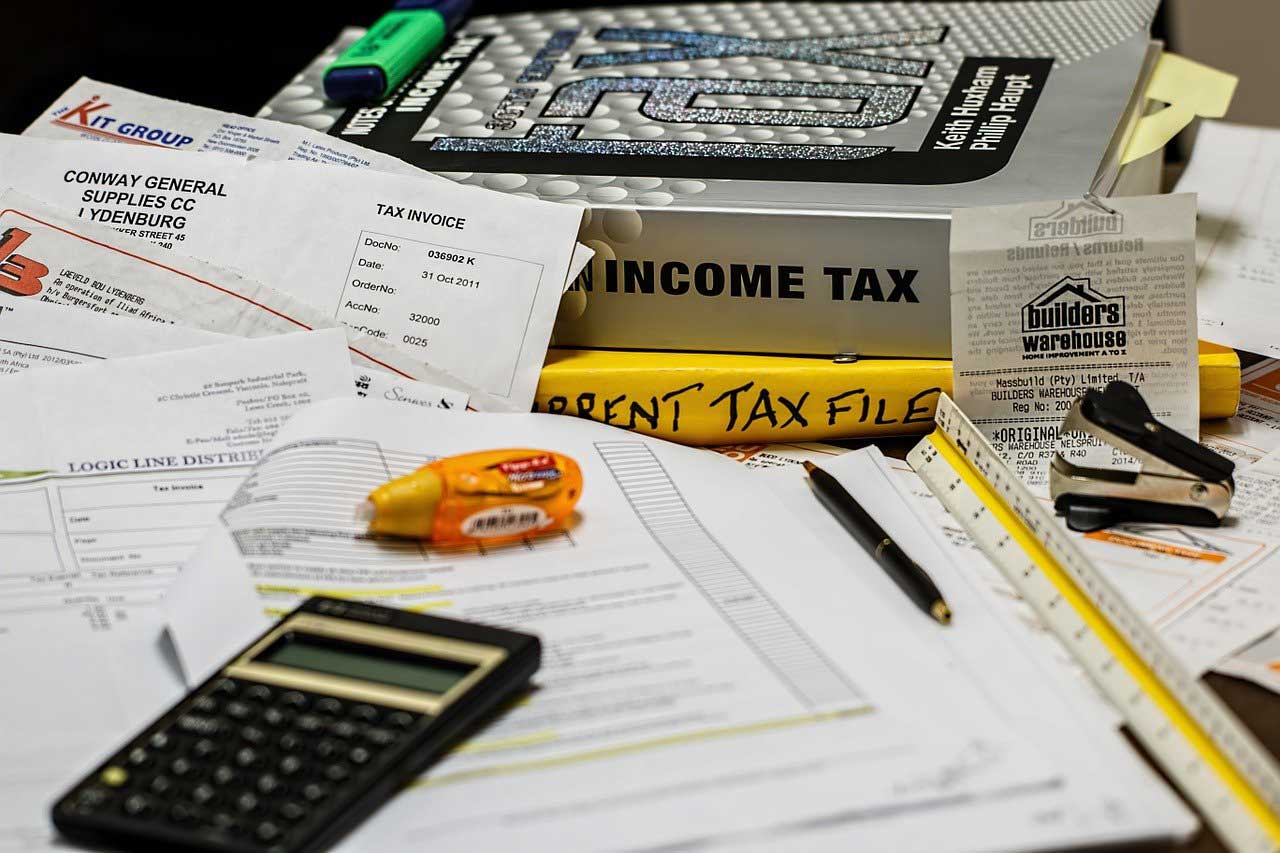Business Income Tax
What are Business Income Taxes?
Every business except partnerships (LLCs) files an annual business income tax return. Businesses earn “income” through the sale of goods and services to their consumers. Consequently, this income is taxed by the IRS. These tax monies pay for various employee benefits. Furthermore, these tax monies also pay for public projects.
Instead, LLCs file an annual information return. Subsequently, each partner reports or “passes through” profits and losses on their own tax returns. This “pass through” business is the dominant business structure in America. In other words, they are not subject to corporate taxes. Instead, profits earned are “passed through” the business and reported on the business owners’ personal income taxes. This eliminates two layers of taxes: corporate level and shareholder level. Moreover, business losses are reported on the business owners’ personal income tax returns.
Furthermore, (LLCs), sole proprietorships and S corporations pay self-employment taxes. They also pay state and local taxes. However, “pass through” businesses are not necessarily small businesses. Remarkably, they can employ thousands of people and generate billions in revenue.

Tax credits reduce business income tax due

Business tax credits reduce the amount of business income tax due. Such credits include:
- use of environmentally safe fuels
- employer’s paying for the employees’ Family and Medical Leave
- prior years’ tax credits carried over to the current year
- using current available tax credits
Requirements for business expenses are:
- the expense must be commonly accepted for the trade or business
- these expenses must be helpful and necessary for the trade or business
Moreover, not every business expense can be deducted. For instance, business income taxes are not deductible.
Expenses such as office supplies or the purchase of raw materials usually are deductible.
Business type determines tax
The type of business determines the type and payment of taxes. How the business is organized determines the forms used. Most businesses need a Federal Tax ID Number or Employer Identification Number (EIN) to identify their paid taxes. Furthermore, the EIN tracks tax reports to the Internal Revenue Service (IRS).
The Federal income tax (estimated tax) is paid as money is earned. Paying too little estimated taxes quarterly may require paying them throughout the year. Furthermore, businesses must pay other taxes:
- self-employment tax (if applicable)
- business income tax
- Social Security and Medicare taxes
- income tax withholding
- federal unemployment tax (FUTA)
- excise taxes
Moreover, the IRS posts tax tables for employers to calculate each of these taxes. However, a business with many employees may employ a tax professional tasked with this job. In addition to ensuring accuracy, this allows the owners to focus more on their business. Staff at Bullseye Tax Relief are such professionals. Subsequently, they can help you avoid tax problems with the IRS. They can calculate the business taxes correctly and complete the tax returns accurately.
Self-employment tax
A self-employment tax (SE tax) is a Social Security and Medicare tax for those individuals who work for themselves. In other words, this tax pays for their coverage under the social security system. This system provides retirement and survivor benefits. The system also provides disability benefits and hospital insurance (Medicare) benefits. Furthermore, individuals must pay the SE tax and file the correct form if:
- Their net earnings from self-employment are $400 or more
- They work for either a church or a qualified church-controlled organization
Businesses must also pay certain employment taxes if they collect employees’:
- Federal income tax withholding
- Social Security and Medicare taxes
- Federal unemployment (FUTA) tax
All three taxes above are deposited with the government. Federal income taxes are used for public projects. Such projects include infrastructure, military or other uses that benefit the public. Social Security and Medicare taxes are claimed by a qualifying employee. Finally, an employee who becomes unemployed can receive money from FUTA funds.
Any businesses involved with the following must pay excise taxes:
- operates certain types of businesses
- manufactures or sells certain products
- receives payment for certain services
- uses various types of facilities, products or equipment
- is involved in any form of wagering
Excise tax
Excise taxes consist of several broad categories of taxes.
Additionally, excise taxes are paid throughout the year through withholding amounts from a paycheck or payment of estimated taxes. Consequently, penalties and interest incur through the improper reporting and/or payment of taxes. This is true even if the business is owed a refund at the end of the year. Businesses and those who are self-employed must pay estimated taxes throughout the year. Individuals who receive salaries and wages do not have to pay estimated tax payments. Instead, their employer withholds taxes from their earnings. Moreover, the employer then pays it to the IRS and/or State throughout the year.

Some Examples and Information
Excise taxes are imposed on:
- vehicles with a taxable gross weight of 55,000 pounds or more, such as certain trucks, buses and truck trailers used on public highways
- airline tickets, tires, indoor tanning and tobacco
- imported goods
- goods sold by a manufacturer or retailer
- goods used by the manufacturer or consumer
- on the first retail sale of heavy trucks, tractors and trailers
- on the sale or use of a variety of different manufacturer’s articles
- include environmental taxes, fuel taxes, air transportation taxes, and communications taxes
- may be passed onto the consumer
- are filed quarterly
- are deposited into trust funds by the government for projects that are related to a good or service, such as airport or highway improvements
Next Step:
The calculation and reporting of business income tax is very complex and complicated. Mistakes are costly in both time and money. Hiring a tax expert can alleviate the stress and produce better results than attempting the process yourself. Call us today for expert assistance in determining the best options for you and your business. In conclusion, you do not have to do this alone. Visit our tax resolution page for more services.







